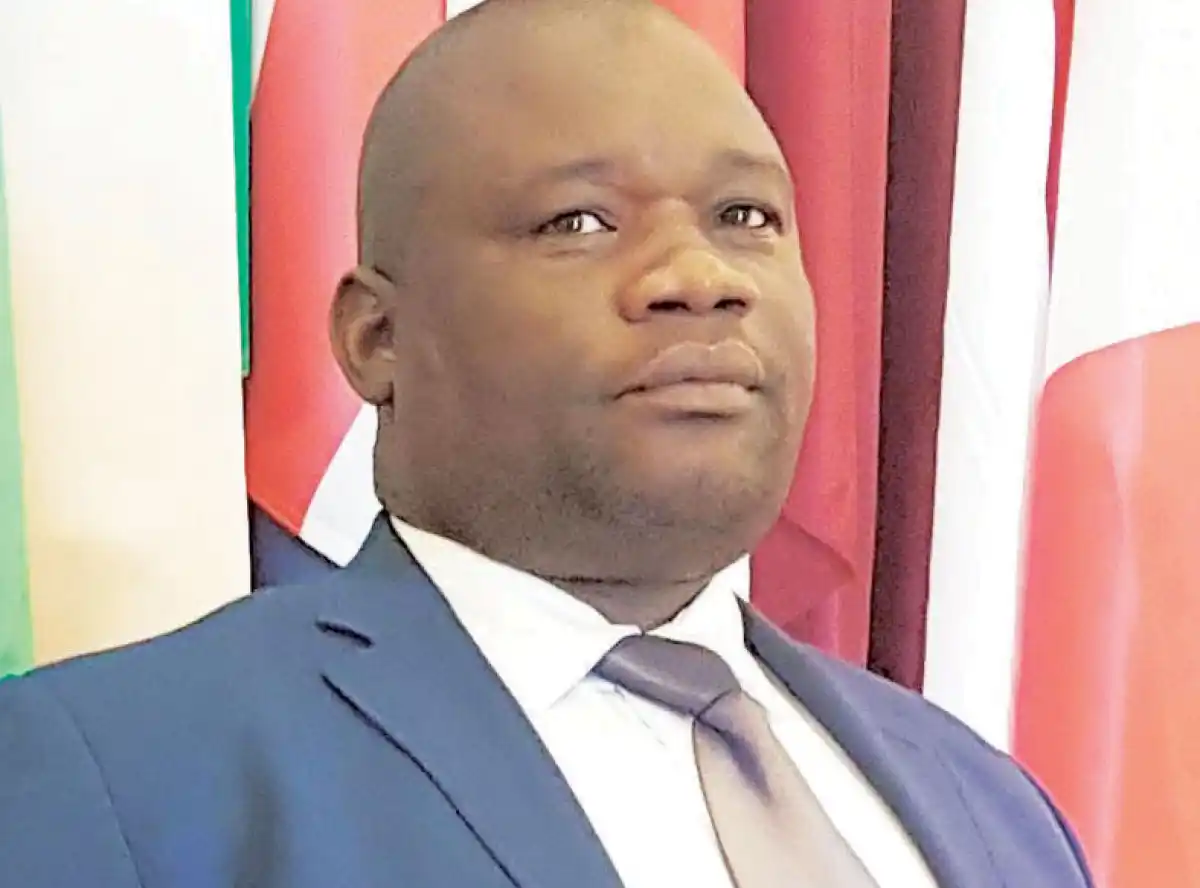

The country’s local councils are failing to breathe as they have gone three months without funding from the Central Government, The DailyTimes has established.
This is contained in an ‘Analysis of Second Quarter Fiscal Space for Local Government in Malawi 2024- 25 Fiscal Year: A Mismatch Between Policy and Action’ by the Malawi Local Government Association (Malga).
According to the analysis, as at November 18 2024, local councils had no Central Government transfers for September, October and November.
This has left councils relying on locally generated revenue.
According to the analysis, failure by the Treasury to disburse funds has greatly crippled the health sector, road construction projects and other sectors of the economy.
“All district hospitals depend on Central Government transfers for their operations. In the past two months, it has been very difficult to provide public health services including ambulatory services, patient feeding, cleaning services and even medical services.
“The second quarter is the time the agriculture sector prepares farmers for the farming season. It is the time [the] Affordable Inputs Programme is affected so that farmers prepare for the rainy season. It has been very difficult to operate without operational funds which have, since September 2024, not been transferred to all the local authorities,” the analysis, which was released at the weekend, reads.
It adds that the local authorities implement most of the development projects, including those under the District Development Fund (DDF) as well as hospital rehabilitation programmes.
According to the analysis, during the second quarter—which is July, August and September— the councils failed to access K5.9 billion development resources on time and this will affect the timely implementation of projects.
“The progress of the city roads is likely going to be negatively affected as a result of the undue delays of the transfers amounting to K2.69 billion. Most of the road projects progress well during the dry season such that the third quarter becomes difficult as rains set in, which affect operations.
“The second quarter is the period when schools prepare to open a new academic year. Therefore, the non-transfer of K1.24 billion, which was meant for the School Improvement Programme, teaching and learning materials and operations has negatively affected learning in the affected schools.
“Borehole funds amounting to K281 million were not received during the quarter under review. This means that the provision of potable water services was also negatively affected in all the communities that did not access such funds,” the analysis reads.
It adds that local authorities rely on General Resource Funds (GRF) for running secretariat’s day-to-day operations, adding that by not receiving GRF, the local authorities have been heavily constrained in their efforts to provide public goods and services.
“Likewise, seasonal sectors such as forestry have failed to adequately prepare for the tree planting season because of lack of funding in the critical months of the year.
“In general, all the sectors have failed to deliver on their plans and budgets because they have not been funded adequately in the period under review, thereby rendering their budget credibility into question,” the analysis says.

slow approach
Malga Executive Director Hadrod Mkandawire Sunday said the continued mismatch between policy and action continued to be a central feature of fiscal devolution in this country.
He said this was happening after the government recently launched the new Decentralisation Policy, which recognises the critical role that local councils have to play in the realisation of Malawi 2063.
“However, if you critically look at the trend of funding, you will see that the government takes a slow approach in terms of fully devolving the resources to the local authorities,” Mkandawire said.
On his part, Centre for Social Accountability and Transparency Executive Director Willy Kambwandira yesterday described the current situation as a signal of a deep fiscal crisis.
“Sadly it is poor Malawians who are disadvantaged as the situation has severely crippled the delivery of essential services in local councils.
“Government, through the Ministry of Finance, must address Malawians on this matter. Otherwise, in the absence of a proper explanation, one would only speculate that the government is either broke or the national budget was premised on unreastic revenue projections,” Kambwandira said.
“Again, this speaks to the priority of the Ministry of Local Government. Why should the Ministry fund construction of a mausoleum to the tune of K2.7 billion whey they are failing to support councils,” he added.
In an interview yesterday, Ministry of Finance spokesperson Williams Banda said the Treasury always funds local councils in full through the National Local Government Finance Committee.
Banda, however, said the prioritisation of activities is their sole responsibility.
“However, November funding has delayed due to the mid-year budget review,” Banda said.
NLGFC Chief Executive Officer Kondwani Santhe yesterday asked for the Malga analysis report before he could comment on the matter.
When furnished with the analysis, Santhe could not come back with the response.






0 Comments